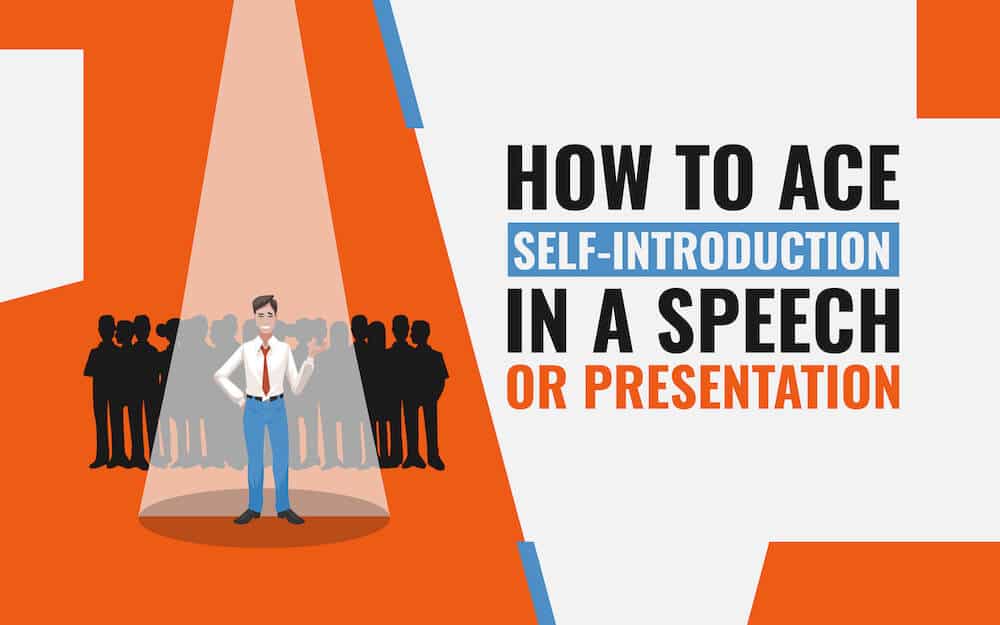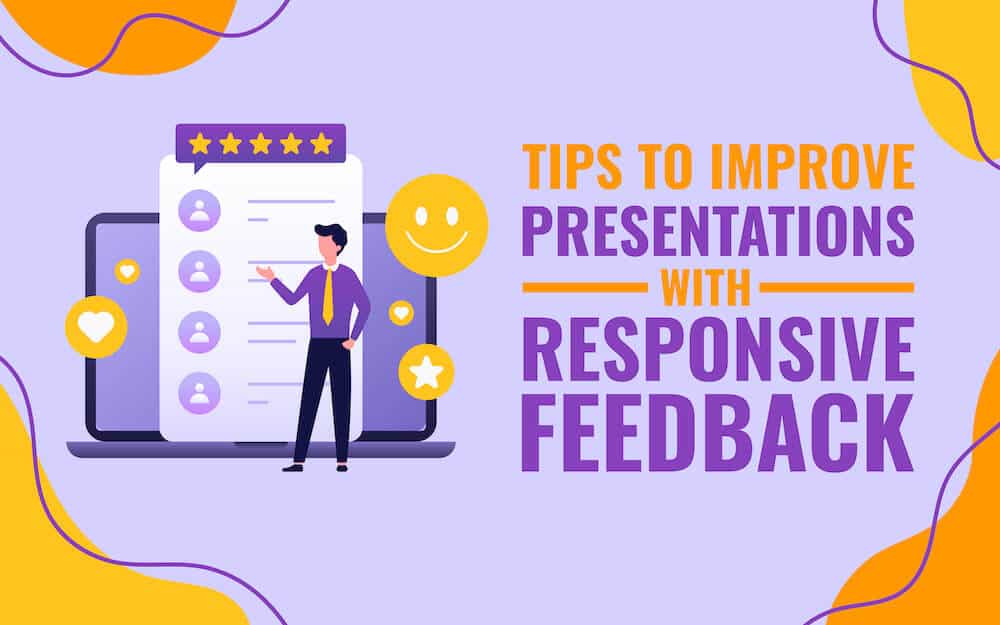
Using the most effective words and phrases in your presentations is an art form that accomplished speakers perfect throughout a lifetime.
From the start, however, there are many things you can do to avoid common word and phrase issues with your presentation. Most of them center on the use of jargon and clichés.
By jargon, we mean the use of terms that people in a certain group or profession know well, but the general listener cannot comprehend. Medical terms, scientific terms and technology terms are usually the worst offenders, but every industry has its own expressions.
Every time you edit a presentation and see a term specific to your industry, ask yourself if your neighbor would understand. If not, either take it out or include right after it a general description.
Clichés, on the other hand, are the words that always seem to fit and feel right when you use them. Everybody understands them, and that’s the problem. They have become weak from overuse and in a presentation, they are symbols of a tired and weak mind.
If you are introducing a speaker for example, never describe them as a person who needs no introduction. They do, in fact, and you have been charged with the task, so immediately remove that remark. Instead, include words that immediately generate excitement.
For example, say something clever and unique. Tell the audience that the guest speaker you are introducing is so remarkable that if you just stood there and told his/her life story, everyone would leave inspired, even if the speaker never took the podium.
Then keep your remarks centered on two or three key points rather than listing all the things that will rightfully end up in their obituary. Now is not the time.
When you are finished with the introduction, avoid the cliché close of “without further ado” and instead keep up the level of excitement you have generated with something like: “Prepare to be intrigued.”
When you are delivering the keynote address yourself, the most important words you should focus on besides the essence of your message are your transition words.
Those are the words that wind through your presentation and gently but firmly bind it all together into a cohesive package. Speakers who spend no time on their transition words end up delivering addresses that are little more than loosely structured lists of ideas tied with the fraying and faded thread of words like “but,” “however,” and “in addition to.” In a fit of trying to sound learned, they might even resort to the dreaded and overused “thus.”
Craft your presentation with more artful transition words. One excellent means is to acknowledge that your presentation does have an element of listing and use it to work with you for a smooth transition from topic to topic.
For example, you can say ‘I have three things to say to you tonight,” or ‘I am going to look at this issue from three perspectives,” or even “I have three stories to share with you now.”
Then you can say, “first,” and then transition to “second” and “third” without having to resort to weak transition words or weak phrases like “and another thing.”
Resist the urge as your presentation nears its end to telegraph to your audience that you are almost done. When you include the words “in conclusion,” for example, you may think you will get a fresh spurt of attention from your audience but you are more likely to find them drift away. They heard what they heard up to now… when they hear “in conclusion” they immediately translate it to “to review what I already said” and they start texting their loved ones that they will be home shortly.
How do you summarize your key points without using “in conclusion” or “to sum up?”
Always insert active words that call your audience to action in your closing remarks.
You can declare that you are recommending a certain action and asking everyone in the room to join you.
You can say “as you walk out of this room, take away the idea that…” or “I need you to be …” Any presentation that wraps up with conclusions that impact only the speaker is dismissing a crucial component or getting anything done and that is igniting the audience.
The next time you have to prepare a presentation, in addition to running a spell check and grammar check on it before you go live with it, do your own check to eliminate the jargon and clichés.
If you find yourself telling your audience to “think outside the box” or “blue sky an idea” or “get their ducks in a row,” you need to delete those pleas and replace them with ones that people will actually remember.



